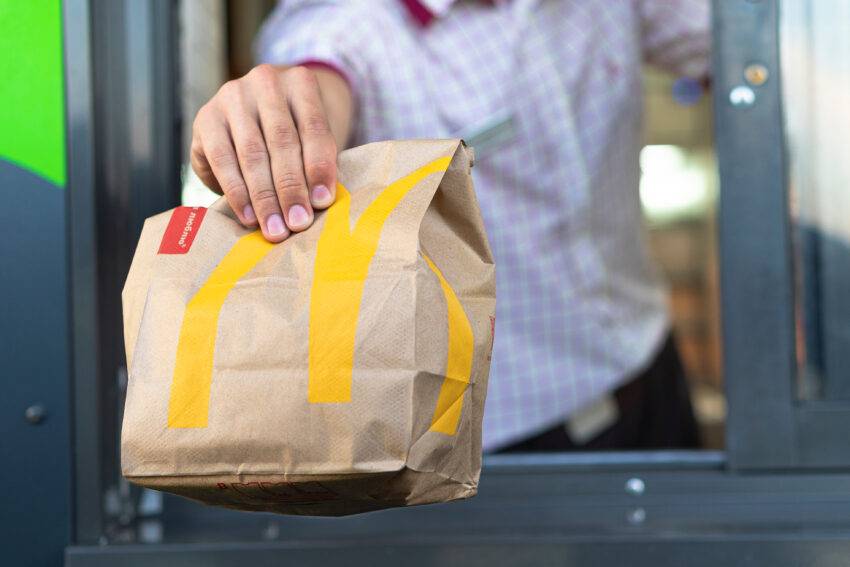McDonald’s has concluded its trial of artificial intelligence chatbots at drive-thrus, highlighting ongoing questions about the fast-food industry’s rapid adoption of automation technologies.
The company will remove AI-based order systems from over 100 locations across the US.
Initiated as part of a 2021 agreement with IBM, the AI systems featured automated voices responding to customer orders. Despite the trial’s termination, McDonald’s has not provided a public explanation, though it indicated to franchises that the technology would be discontinued on 26 July. A spokesperson affirmed that a voice-ordering solution for drive-thrus would remain a component of the chain’s future plans, with a final decision expected by year’s end.
Other fast-food giants, including Wendy’s, Hardee’s, Carl’s Jr, and Del Taco, have also experimented with AI technologies at their drive-thrus. Yum Brands, which owns Taco Bell and KFC, announced an “AI-first mentality” for its operations earlier this year. This industry-wide interest in AI is driven by the potential to replace human workers and reduce rising labor costs, particularly following California’s new mandatory minimum wage law for fast-food workers.
However, the implementation of AI has not been without issues. Viral videos have showcased AI failures, such as systems adding incorrect items or excessively multiplying orders. For instance, TikTok videos last year showed McDonald’s AI mistakenly adding items like butter packets and charging hundreds of dollars for McNuggets.
Moreover, some AI systems rely heavily on human intervention. Presto Automation Inc, a provider of AI services for fast-food chains, disclosed in an SEC filing that workers in countries like the Philippines are involved in customer interactions about 70% of the time.
Beyond drive-thru orders, fast-food companies are exploring other AI applications. These include developing digital chatbots for apps and using image-recognition technology to estimate wait times. Last December, McDonald’s partnered with Google to create “Ask Pickles,” a chatbot designed to train employees on tasks such as cleaning restaurant equipment, alongside other potential AI uses.
The fast-food industry’s journey towards automation continues, with companies weighing the benefits against the challenges posed by current AI technologies. As McDonald’s and others refine their strategies, the future of AI in fast food remains a dynamic and evolving landscape.


